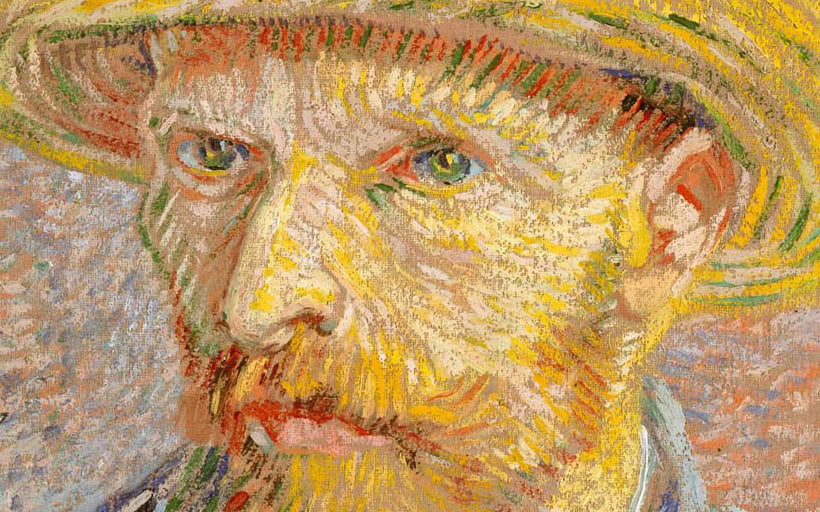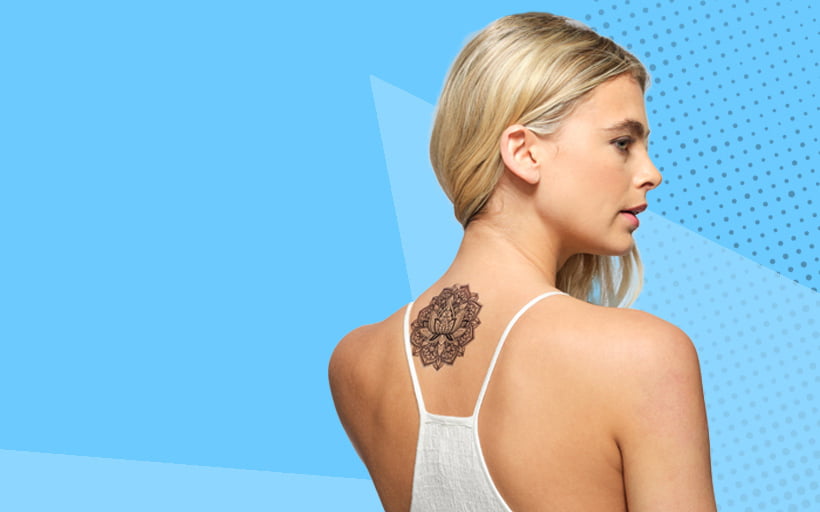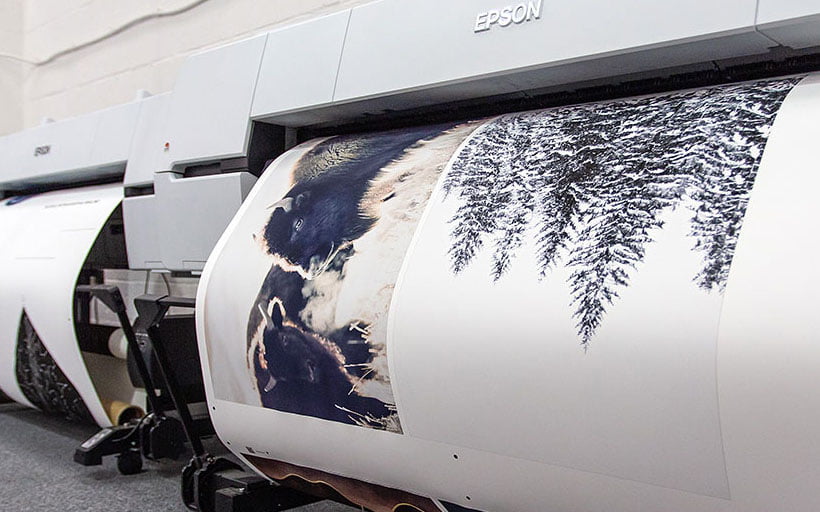T-shirt copyright laws: What can you actually print?

Interested in joining the world's leading print on demand platform?
With print on demand, selling t-shirts online has never been easier.
It enables entrepreneurs to outsource everything from product sourcing to print and fulfilment. With all this simplicity it can be easy to forget about the very tricky issue of copyright. And as the Latin phrase goes “ignorantia juris non excusat” — or for us non-Latin speakers — ignorance of the law excuses not.
So it's important to get clued up on the ins and outs of copyright before you go ahead and start selling t-shirts with images of your favourite musician. In this article we'll run through some copyright FAQs and give you some insight into how this whole thing works.
Disclaimer: Although we can give you an overview of the rules, this article does not constitute legal advice. You're always best consulting a copyright lawyer/attorney for advice on your specific circumstances.
What is copyright?
Copyright is a legal right that protects the use of the creator's work once their idea has been physically expressed. For work to be protected by copyright it needs to be both original and tangible. This means it must be a product of your own skill and labour and it must have been expressed in a physical form.
Copyright laws differ slightly across different countries but in the US it includes 'works of authorship' which include the following categories:
- Literary works
- Musical works, including any accompanying words
- Dramatic works, including any accompanying music
- Pantomimes and choreographic works
- Pictorial, graphic and sculptural works
- Motion pictures and other audiovisual works
- Sound recordings
- Architectural works
It can vary depending on the type of work, but copyright protection usually lasts up to 70 years after the creator's death.
What can I print on a t-shirt?
This is a very sweeping question and the answer will depend on the specific circumstances. But for a safe answer: you can print anything on a t-shirt that is under public domain without infringing copyright laws.
Public domain includes artworks that have expired from their copyright. For example, Vincent Van Gough's Self-Portrait with a Straw Hat (1887) was released into the public domain by the met in 2017.
There are a number of public domain websites that list images that can be used for personal and commercial uses. Wikimedia Commons is one of the largest public domain image resources. Although most images can be used for commercial use some do have restrictions so read carefully and always double check. Unsplash offers a range of photography photos that can be used. The British Library has also released 1 million images into the public domain.
What is considered fair use of copyright materials?
The caveat that really complicates things in copyright is a little thing called the Fair Use Act. In its most general sense, a fair use is:
any copying of copyrighted material done for a limited and 'transformative' purpose — such as to comment upon, criticize, or parody a copyrighted work.
Fair use factors according to US law include:
- The purpose and character of use — including whether it is of commercial nature or is for nonprofit and educational purpose
- The nature of copyrighted work
- The amount and substantiality of the portion used in relation to the copyrighted work as a whole
- The effect of the use upon the potential market for value for the copyrighted work
Fair use allows the lawful use of work without having to seek permission from the copyright owner. The problem with fair use is that a statutory definition does not exist so it will always be up to interpretation.
Despite the nuances in fair use law, one thing is crystal clear: works cannot be copied for commercial use. For this reason, fair use will not apply to merchandise for the vast majority of cases.
It may be acceptable if only a very small part of the work was used and it has been transformed into something that cannot be easily recognised as the original work. But even in this instance, you're getting into very muddy waters.
Some t-shirt merchants also claim their design is a 'parody' of a character or movie. In some instances this may be pertained as fair use — but you would have to go through a lengthy legal battle to prove it to be true. Which you may well lose anyway.
We'd always recommend either using an image that is in public domain or better still, using original designs. We've written about how to source designs for your t-shirts: How to source a designer for your merchandise.
What will happen if I breach copyright laws?
You may be wondering how there are so many celebrity quotes and images of movie characters and celebrities being sold online. Unless they've been granted permission, they are being used and sold illegally.
Whether or not they face any consequences depends if the person or company whose work they're infringing decides to take legal action. And simply put, unless they see a big monetary incentive, they often have bigger fish to fry.
However, if you are found guilty of copyright infringement you will be ordered to pay damages as well as attorney fees and court costs. This can quickly rack up to enormous sums of money. In some cases you could even face criminal charges. Our advice: if you have even the slightest inkling of doubt then it's best to steer clear.
An example of a company using someone else's design and getting stung (and quite rightly too!) is the Modern Dog vs Target & Disney Case.
The above is the design in question. The image was featured in one of Modern Dog's books and contained artistic sketches of small dog faces. The t-shirt, sold by Target and Disney, uses parts of the original artwork exactly, even down to the signature name below the drawing. However the defendants claimed the illustrations were not entitled to broad copyright since they lack expression and fall into the “natural world” category.
The case went on for years and the founders at Modern Dog even had to sell their studio and set-up a 'Friends of Modern Dog' campaign to fund this expensive lawsuit. In January 2014, the assignment of copyright was returned to Modern Dog.
How do I get permission to print copyrighted material?
The only legal way to get around the copyright conundrum is to get formal permission from the owner of the copyrighted work.
If you have a burning desire to use a particular copyrighted image for your t-shirt design, you will need to contact the original copyright owner directly to ask if you can use or license their work.
The first step is figuring out who you need to speak to and getting hold of them. When (and if) you do manage to contact them, make sure you are 100% transparent about how you would like to use the image and for what purpose. And be clear on the rights you require before you ask.
If they agree to your request, the copyright holder is likely to ask for royalties or fees in return for the rights to reproduce the copyrighted image. So be prepared to pay up.
What is the difference between copyright and trademark?
Both 'Copyright' and 'Trademark' offer intellectual property protection, but they protect different types of assets. So, we've explained how copyright automatically protects artistic works that are tangible and original.
Trademarks on the other hand help define a company brand, such as its slogan or logo. Unlike copyright, you have to apply for a trademark. You can search to check if a design or phrase you'd like to use is trademarked at the UK's Intellectual Property Office.
Can I print famous quotes on a t-shirt?
Unfortunately there's no simple answer to this question either.
Firstly let's run through when you can't use a quote on your t-shirt. If it is physically tangible and has been put down in writing it will be protected under copyright law. This includes quotes from books, films, TV programmes or speeches. This rule also applies to song lyrics. Some quotes may also be trademarked — so make sure you do a thorough search before using it for commercial use.
There are some cases where using famous quotes is fine. If a quote is very general and not attributed to one person then this would be fine. For example, a lot of general inspirational quotes float around online such as “When you can't find the sunshine, be the sunshine!” This kind of thing is usually okay. But it's always best to do your research before you start selling.
Anything that has expired its copyright period and gone into the public domain is also allowed. That's why you will see lots of merch with Albert Einstein quotes such as “Life is like riding a bicycle, to keep your balance you must keep moving.”
Copyright also doesn't protect very short sentences as it is argued this would inhibit natural creativity. For example “Perfectly Imperfect”.
It also depends how you are using the quote — as per the copyright rules. So if the quote is being used for parody, critique or review, it might be allowed. But again, if you're using the material on products for commercial use it is best to avoid it or seek professional advice.
Can I print internet memes on a t-shirt?
Most internet memes are based on someone else's image and therefore cannot be used. So as a general rule internet memes are a no-go for your t-shirt printing business.
There are some exceptions to this rule. If you have created a parody of the original meme then this may be considered 'fair use'. If the meme is just a general catchphrase that is not trademarked or accredited to anyone in particular then this may also be okay. Again, we'd recommend creating your own original content to avoid inadvertently getting into sticky business. If you can find the original owner of the image that is being circulated you can always try asking for permission — but be prepared to pay for it!
Things to bear in mind
- Be careful not only with your t-shirt designs, but with your product descriptions. Linking your design to a person, team, movie or book shows that there is a connection between the two and therefore may get you in trouble.
- Although 'parody' is allowed in some fair use cases, make sure you don't print anything too offensive. You don't want to enter the realm of defamation of character.
- If you do want to use something which you are worried might be in breach of copyright, make sure you do thorough research and speak to a professional if you're still unsure.
Thanks for reading!
Interested in more useful tips to help run your print on demand store? Get in touch or browse our range of print on demand t-shirts.





